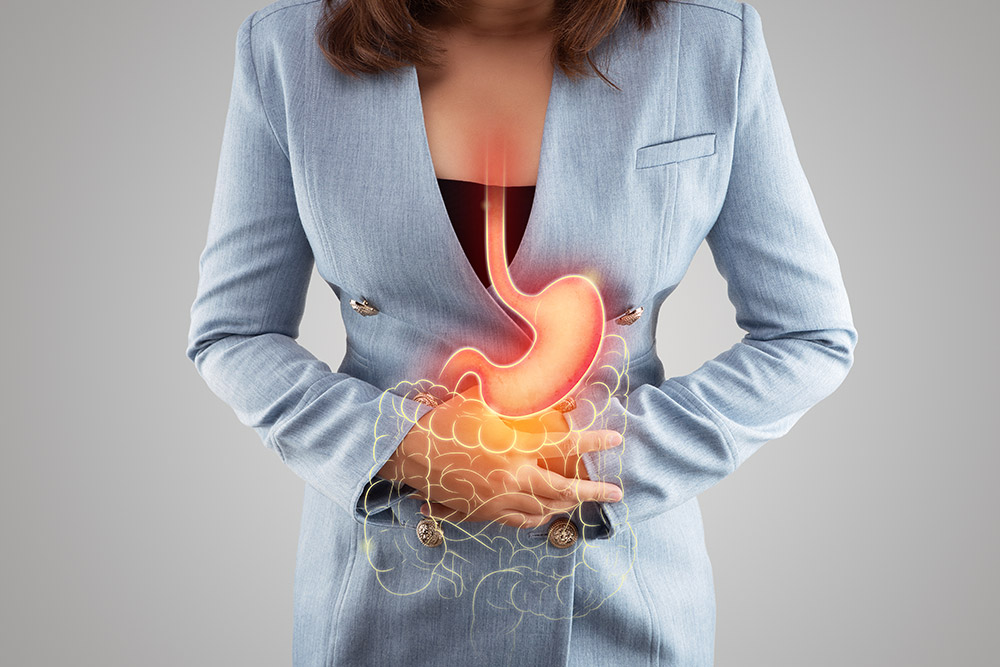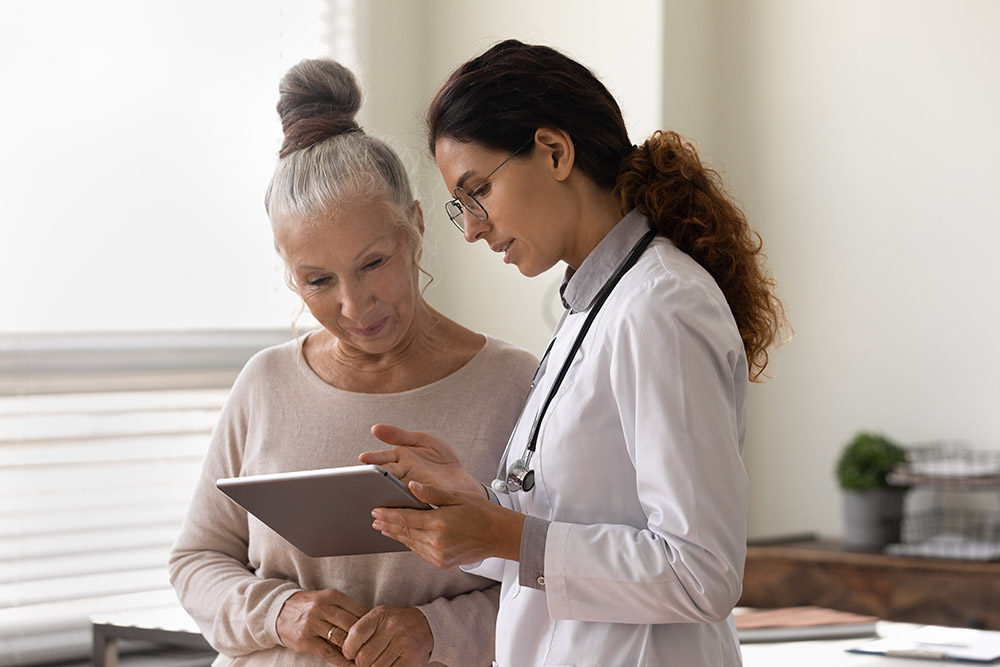Expert Treatment for Inflammatory Bowel Disease (IBD) by Dr. Bharat Pothuri
Dr. Pothuri uses a step-by-step approach:
Medical History and Exam
He reviews your GI symptoms-especially epigastric pain and change in bowel habits-along with family history, weight changes and extraintestinal signs.
Blood and Stool Tests
- Complete blood count, CRP and ESR to detect anemia and inflammation.
- Stool studies for fecal calprotectin and to rule out infectious causes.
Endoscopic Evaluation
Colonoscopy with ileal intubation to visualize the colon and terminal ileum. Biopsies are taken to confirm the type and extent of inflammation.
Imaging Studies
- MR Enterography or CT Enterography to map disease distribution, identify strictures, fistulas or abscesses.
Advanced Testing (if needed)
Capsule endoscopy for detailed small-bowel assessment or specialized contrast studies to evaluate complex disease patterns.
Frequently Asked Questions
What is the difference between IBD and IBS?
IBD causes real inflammation and damage to the intestinal tissues, whereas IBS affects how your gut moves without causing tissue damage.
Can food cure IBD?
No. While diet cannot cure IBD, eating the right foods can help manage symptoms and improve your quality of life.
How long does it take to get a diagnosis?
Diagnosis can take several weeks, involving blood work, imaging studies, and sometimes more than one endoscopy.
Are biologic drugs safe to take long-term?
Yes, most biologic medications are well-tested for long-term use. Dr. Pothuri monitors you regularly for side effects.
Will I need surgery for IBD?
Not always. Many patients manage IBD with medication alone. If surgery becomes necessary, we refer you to top gastrointestinal surgeons.
What are the ICD-10 codes for IBD?
Crohn's disease is coded as K50, and ulcerative colitis is coded as K51.
What should I do during a flare-up?
Stay hydrated, eat easy-to-digest foods, get plenty of rest, and take your prescribed medicines. Call us if your symptoms worsen or you notice new concerns.












